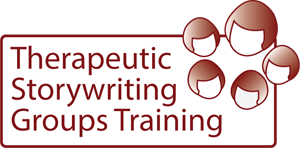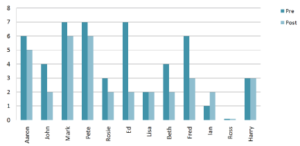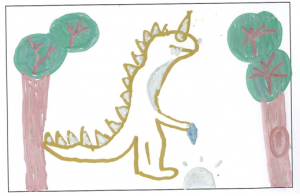
Welcome to the Therapeutic Storywriting Groups training website
This site gives an overvew of the Therapeutic Storywriting Groups training including a video of the intervention being used in schools.
It includes the training manual for educational professionals who have attended the 3-day Therapeutic Storywriting Groups training and are implementing the intervention in school. This section requires a user login.
The groups support pupils whose social, emotional and mental health difficulties are getting in the way of their academic learning. Research shows they support emotional wellbeing while improving pupils’ writing skills.
To register your interest for the next virtual training course, please visit our main website.
Login
View the next virtual training course on the main TSW website.
Video: Introducing Therapeutic Storywriting Groups
“When unconscious material is to some degree permitted to come to awareness and worked through in imagination, its potential for causing harm- to ourselves or others- is much reduced; some of its forces can then be made to serve positive purposes.”
Bruno Bettelheim
“There are two modes of cognitive functioning, two modes of thought, each providing distinctive ways of ordering experience, of constructing reality… A good story and a well-formed argument are different natural kinds. Both can be used as means for convincing another”.
Jerome Bruner
” Stories and narratives are very important sources for the renegotiation of meaning for children who have experienced problematic events or difficult family circumstances. It is a way to place events and characters into a cultural perspective.”
Ann Cattanach



